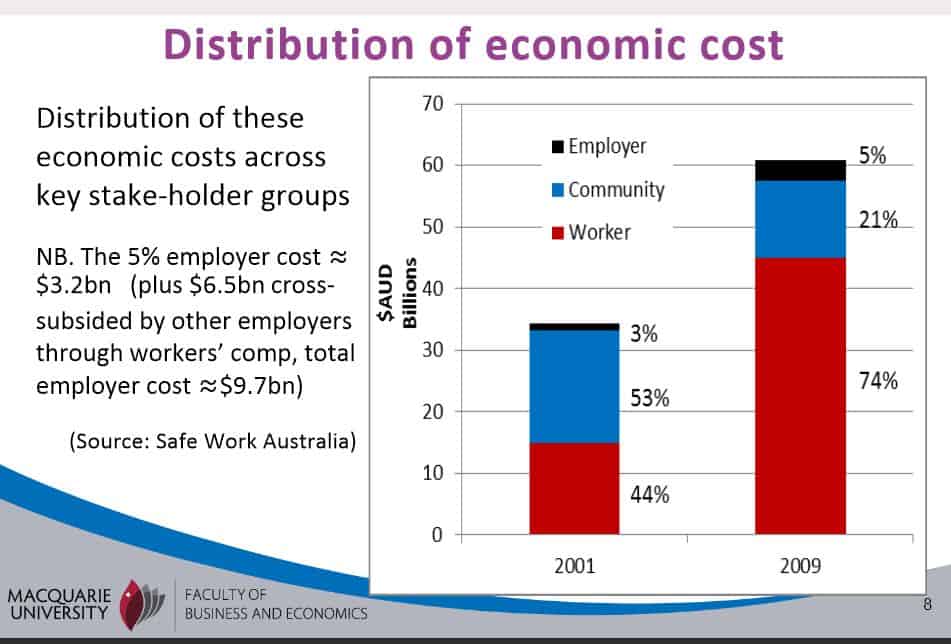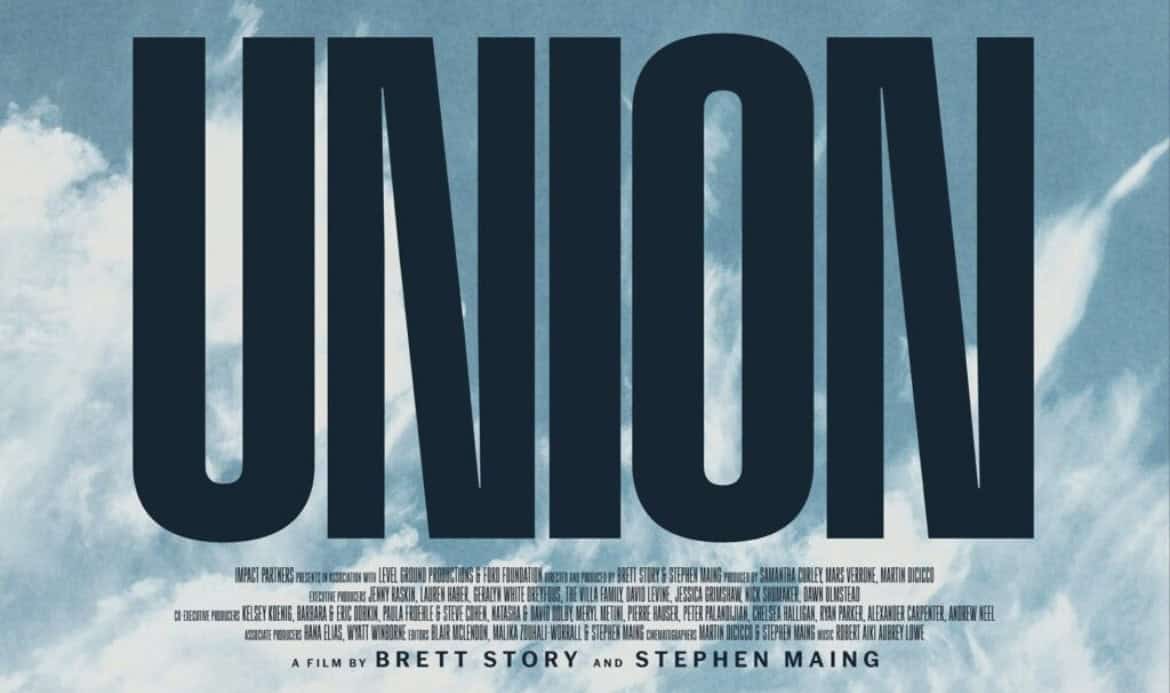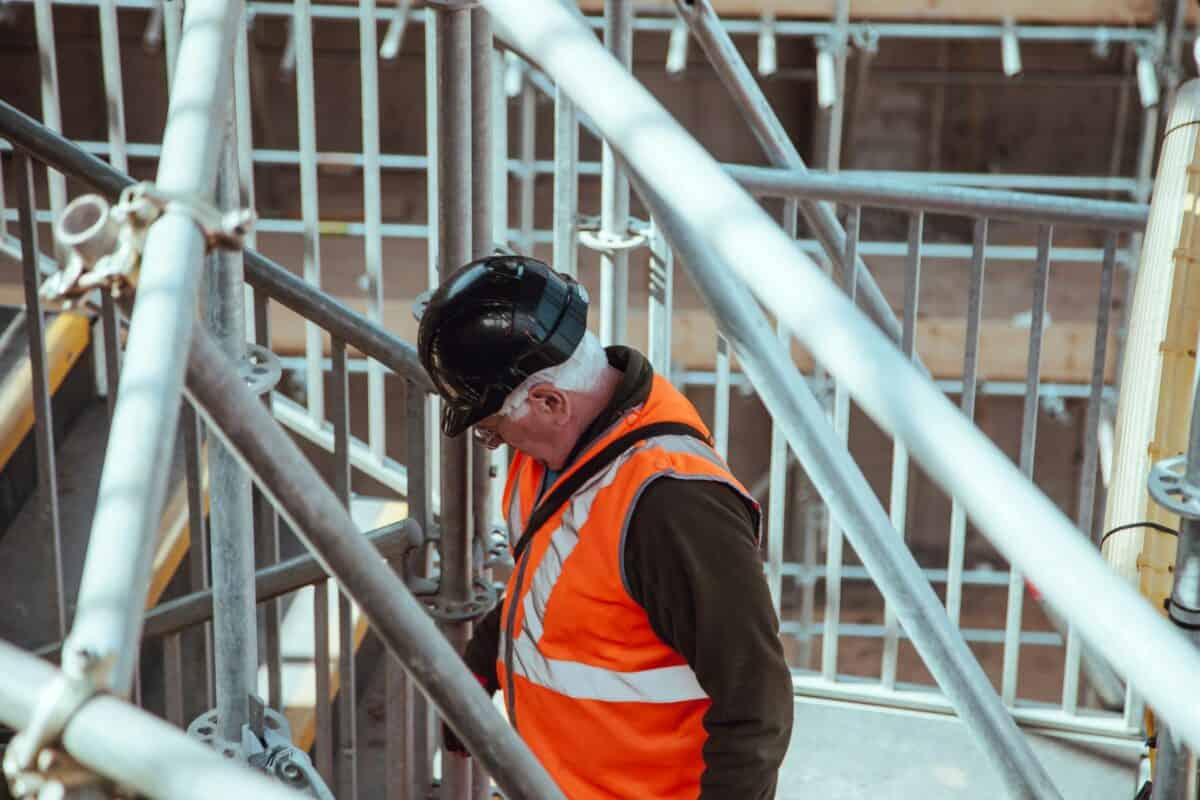The cost of work-related illness and injuries is a significant economic burden on the community. It has a tangible impact on Australia’s Gross Domestic Product (GDP), but no one really gives a shit about this. The GDP impact is a nonsense statistic in the illustration of how injuries and illnesses affect Australian businesses. The economic arguments need reframing if an improvement in workplace health and safety is the intention.
Category: Premium
Artificial Intelligence, Automation and the Elusive Meaning of Work
The purpose of artificial intelligence (AI) is increasingly misunderstood—not just in the media but in the boardrooms and bureaucracies that decide how it’s deployed. Far from craving human consciousness or emotion, AI tools, like Mo (my CoPilot AI), exist to synthesise knowledge, provoke thought, and support action. The intent isn’t mimicry, but impact.
[Note: parts of this article were written by Mo based on a prior conversation]
AI is a hot topic in Australia at the moment, with numerous productivity gains being pitched to the government, alongside concerns about job losses. Last week’s National Press Club speech by Scott Farquhar, co-founder of Atlassian and Chair of the Tech Council of Australia, offered a good example of at least one AI opportunity – access to court records.
I thought talking with Mo was a good place to start this article before looking at Farquharson’s thoughts.
Assessing ‘Union’: A Missed Opportunity in Safety Storytelling
There was a row of cheering trade union supporters in the late session of the documentary “Union” at Carlton’s Cinema Nova earlier this week. The film was showing as part of a documentary festival, and the cinema was less than half-full. The film showed an example of grass-roots union organising. There were optimism and failures, and the occupational health and safety (OHS) catalysts for the unionism were mentioned in passing.
Good Safety Grows Economies—Poor Governance Shrinks Them
Recently, WorkSafe ACT posted the latest episode of its Safety Spotlight podcast in which occupational health and safety (OHS) experts share their knowledge. There is commonality with much OHS advice, but there are slight variations of data and emphasis that are useful to note.
This episode included Jacqui Agius, the Australian Capital Territory’s Work Health and Safety Commissioner, and Professor Helen Lingard of RMIT University. According to the show notes:
“….they discuss the crucial importance of workplace safety, not just in preventing injuries but also its economic impact. The episode covers the hidden costs of cutting corners on safety, the significance of a proactive safety culture, and the benefits of consulting workers and employing safety by design.”
Avoiding Burnout in the Corridors of Power
Last week, some of the Nine newspapers reported on a spate of departures (paywalled) from the Australian Prime Minister’s office. There is always a constant churn of political staffers, with regular movement between private enterprise and public service.
There are some sound economic reasons for leaving just after 12 months into a new government, and the departures are not indicative of a toxic workplace, but working hours in the Australian Parliamentary and political sector have been contentious recently. This latest newspaper article notes the role of working hours but, curiously, primarily in passing.
Deterrence Delayed, Lives at Risk—Will Victoria’s Leaders Respond?
The Victorian Government has yet to respond to a report on occupational health and safety (OHS) sentencing and penalties that it received over the Christmas period. The longer it takes to respond to the Sentencing Advisory Council recommendations, the more delayed the action required to improve the systems, which can deter employers from ignoring their OHS obligations and the longer unnecessary risks to work health and safety persist.
In 2018, before the introduction of Industrial Manslaughter laws, Dr Gerry Ayres of the CFMEU and I spoke about the importance of deterrence. In that interview, he pointed out that financial penalties fail as deterrents for several reasons:
Safety With Minimal Jargon: Tim D’Ath’s Refreshing Approach
Late last year, Tim D’Ath added to the occupational health and safety management (OHS) literature with a modern, open-minded (and short) book called “Humanising Safety”. His perspective cuts across many of the heady discussions of Safety I vs. Safety II, safety cultures, and organisational versus individual approaches… I found his clarity of advice refreshing, as he focused on core harm prevention principles while acknowledging the difficulty of communicating these principles to employers who have been taught to view OHS as a nuisance to be avoided whenever possible.







